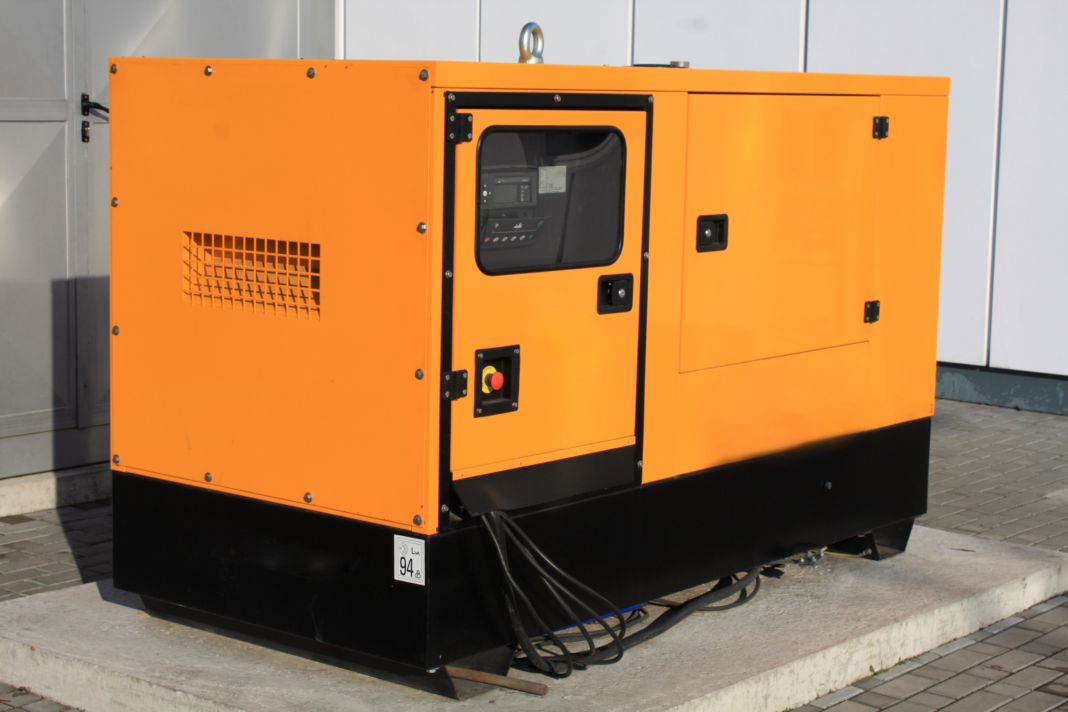In an era where reliable power supply is essential for both residential and commercial operations, the role of generator services has become increasingly significant. Generators provide a crucial backup power source during electrical outages and emergencies, ensuring continuity and stability for your home or business. This guide explores the importance of generator services, including installation, maintenance, and repair, to help you make informed decisions for optimal performance and reliability.
Understanding Generator Services
Generator services encompass a range of offerings designed to ensure the efficient operation and longevity of your power generator. These services include:
- Installation: Proper installation is fundamental to the generator’s performance. A professional installation ensures that the generator is correctly connected to your electrical system, complies with local codes, and is placed in an optimal location for performance and safety.
- Maintenance: Regular maintenance is crucial for preventing unexpected failures. Maintenance services typically involve routine inspections, oil changes, filter replacements, and testing of generator components to ensure everything functions correctly.
- Repair: When generators experience issues, timely repairs are necessary to restore functionality. Repair services address problems such as engine malfunctions, fuel system issues, and electrical faults, minimizing downtime and preventing further damage.
- Upgrades and Replacements: As technology advances, older generators may need upgrades to improve efficiency or to comply with new regulations. Additionally, aging generators might require replacement to meet increased power demands or to ensure reliability.
Importance of Professional Generator Installation
Proper installation is vital for the efficiency and safety of your generator. Professional generator services ensure that the installation is done correctly, which includes:
- Correct Sizing: Generators must be appropriately sized to handle the power demands of your home or business. A professional will calculate your power needs to recommend a generator with the right capacity.
- Code Compliance: Installation must adhere to local building codes and regulations. Professionals are knowledgeable about these requirements and ensure compliance, which is crucial for safety and legal reasons.
- Optimal Placement: The placement of the generator affects its performance and longevity. Professionals will select a location that minimizes noise, reduces exhaust hazards, and allows for easy maintenance access.
The Role of Regular Maintenance
Routine maintenance is essential for keeping your generator in top condition. Generator services typically include:
- Scheduled Inspections: Regular inspections identify potential issues before they become major problems. Technicians check components such as the engine, battery, and cooling system.
- Oil and Filter Changes: Just like a vehicle, generators require regular oil changes to keep the engine running smoothly. Filters also need replacement to ensure clean fuel and air flow.
- Battery Testing: Generators rely on batteries to start. Regular testing ensures that the battery is charged and in good condition, preventing starting issues during emergencies.
- Load Testing: Periodic load testing verifies that the generator can handle its rated capacity. This testing helps ensure that the generator will perform effectively during a power outage.
Addressing Common Generator Issues
Despite regular maintenance, generators can experience issues. Common problems that generator services address include:
- Engine Problems: Issues such as hard starting, stalling, or irregular operation can indicate engine problems. Professional repairs are needed to diagnose and fix these issues.
- Fuel System Failures: Problems with the fuel system, such as clogged filters or fuel leaks, can prevent the generator from running properly. Technicians can clean or replace components as needed.
- Electrical Faults: Electrical faults, such as issues with wiring or the control panel, can affect the generator’s performance. Professional services address these faults to restore proper operation.
Upgrading and Replacing Generators
As your power needs change or technology evolves, upgrading or replacing your generator may be necessary. Generator services include:
- Assessing Needs: Professionals evaluate your current and future power requirements to recommend appropriate upgrades or replacement options.
- Technology Upgrades: Newer models may offer improved efficiency, quieter operation, or advanced features. Upgrading ensures you benefit from the latest technology.
- Replacement: If your generator is outdated or no longer meets your needs, replacement might be the best option. Professionals assist with selecting and installing a new generator that fits your requirements.
Conclusion
Generator services play a crucial role in maintaining a reliable power supply for your home or business. From installation and maintenance to repair and upgrades, professional services ensure that your generator operates efficiently and effectively. By investing in comprehensive generator services, you safeguard your property against power outages and ensure continuous operation during emergencies. For peace of mind and optimal performance, rely on experienced professionals to manage your generator needs.
